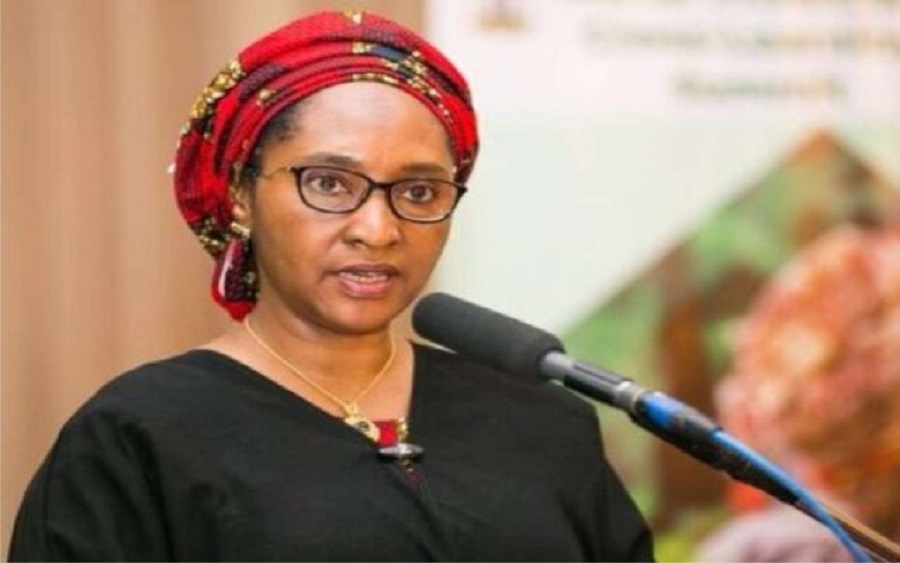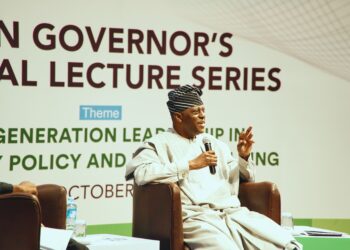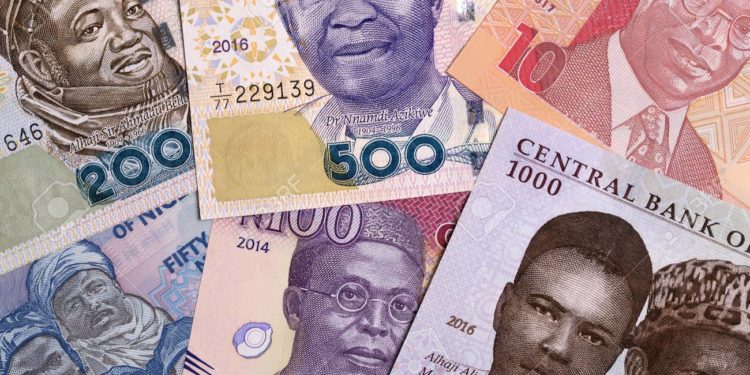The multiple exchange system in Nigeria and its inherent volatility discourage significant economic investment in Nigeria.
This was disclosed in Nigeria’s Integrated National Financing Framework (INFF) a report commissioned by the Federal Republic of Nigeria, UNDP, World Bank, and the IMF.
The report cited numerous challenges making it difficult for the country to raise money for its development priorities, which could thus hinder its capacity to meet the SDGs.
According to President Buhari who also signed the document, the INFF is seen as a tool to improve SDG financing without increasing public debt and contingent liabilities to levels that will be detrimental to economic sustainability.
“The Integrated National Financing Framework (INFF) has been developed to map out a much-needed sustainable financing plan for Nigeria to deliver on our commitments and aspirations to attain the United Nations’ Sustainable Development Goals (SDGs) by the year 2030.”
What the report is saying
According to the report, the multiple exchange rate system is a significant obstacle to doing business in Nigeria.
- “The multiple exchange rate system and limited access to foreign exchange is a significant obstacle for businesses to operate. This exchange rate system and its inherent volatility deter investments in Nigeria.”
Another excerpt of the report, also included the multiple exchange rate among other factors that have been a bane to the economy.
- “In addition to the economics of oil, various other factors have contributed to this slow growth, including restrictive trade policies, regulatory bottlenecks, delays in passage of legislative reforms, an inefficient property registration system, a slow and ineffective judicial system, unreliable dispute resolution mechanisms, multiple foreign exchange rates, and the use of Central Bank financing.”
The report also recommended solutions such as unifying the exchange rate
- “The National Poverty Reduction with Growth Strategy (NPRGS), which was approved by the Federal Executive Council for implementation, is expected to lift 100 million people out of poverty in Nigeria in 10 years. The programme designed by the Presidential Economic Advisory Council (PEAC) is built on four core pillars, including: i) Macroeconomic stabilisation; ii) Industrialisation for economic growth and transformation;”
- iii) Structural policies and institutional reforms; and iv) Redistributive policies and programmes. The federal government intends to achieve these policy pillars through exchange rate unification, restoring single-digit inflation, gradual phase-out of subsidies, sustainable fiscal and public debt management, and other policy reforms.”
The report stated that another major challenge in the budgeting process of the federal government is to forecast revenues accurately.
- “Revenue targets have often been miscalculated, resulting in the need for the CBN to provide emergency financing, hence further complicating the debt and macro challenges. Accurate revenue forecasting and careful revenue planning must be adopted in the budget process, using reliable data, and realistic forecast models. This will improve the chances of making reliable forecasts.”
The report also stated the fuel subsidies have done significant damage to the oil revenue of the Nigerian economy.
- The report said “The recent oil revenue loss for the federal government is partly due to the re-emergence of implicit fuel subsidies since January 2021. This is because subsidy costs are deducted from oil revenues accruing to the federation account by the national oil company (NNPC). Thus, implicit fuel subsidies are one of the key drivers of revenue loss.”
The report stated that the government should work on reducing inflation.
- “Bringing down inflation will be difficult as long as a significant share of the government’s budget is financed by the Central Bank of Nigeria (CBN). While the government is taking steps to minimize interventions by the CBN, mobilising additional fiscal revenues for financing SDGs could reduce the need for ongoing Central Bank financing of budget deficits and help CBN to establish a credible nominal anchor to bring inflation to a low and stable path.”
- The report added that “improving infrastructure is a second urgent priority. Unreliable power supply for industries and companies to function efficiently and profitably, the inability to get goods to market without delay, and an underdeveloped ICT infrastructure to enable a modern digitalised economy are some infrastructure challenges the country faces.”
Details of who worked on the report
The report listed the following persons as critical to the production of this report.
The oversight and overall guidance for the production of the components of the INFF was provided by the Steering Committee chaired by Hon. Dr. (Mrs.) Zainab Shamasuna Ahmed, the Minister of Finance, Budget and Planning, and other members including the Hon. Minister of State, Budget and National Planning, the Governor of the Central Bank of Nigeria, the Executive Chairman of the Federal Inland Revenue Service, the Chairman of the Nigeria Governors Forum, the Director General of the Budget Office of the Federation, the Director General of the Debt Management Office, the Statistician-General of the National Bureau of Statistics, the Senior Special Assistant to the President on SDGs (SSAP-SDGs), the United Nations Resident Coordinator, the Resident Representative of the United Nations Development Programme (UNDP), the Delegation of the European Union to Nigeria and ECOWAS, the Head of Cooperation of the EU Delegation to Nigeria and ECOWAS, the Resident Representative of the International Monetary Fund, the Country Director for the World Bank, and the Co-Chair of the Private Sector Advisory Group.
You can download the INFF_Report[100]























It blame games as usual.